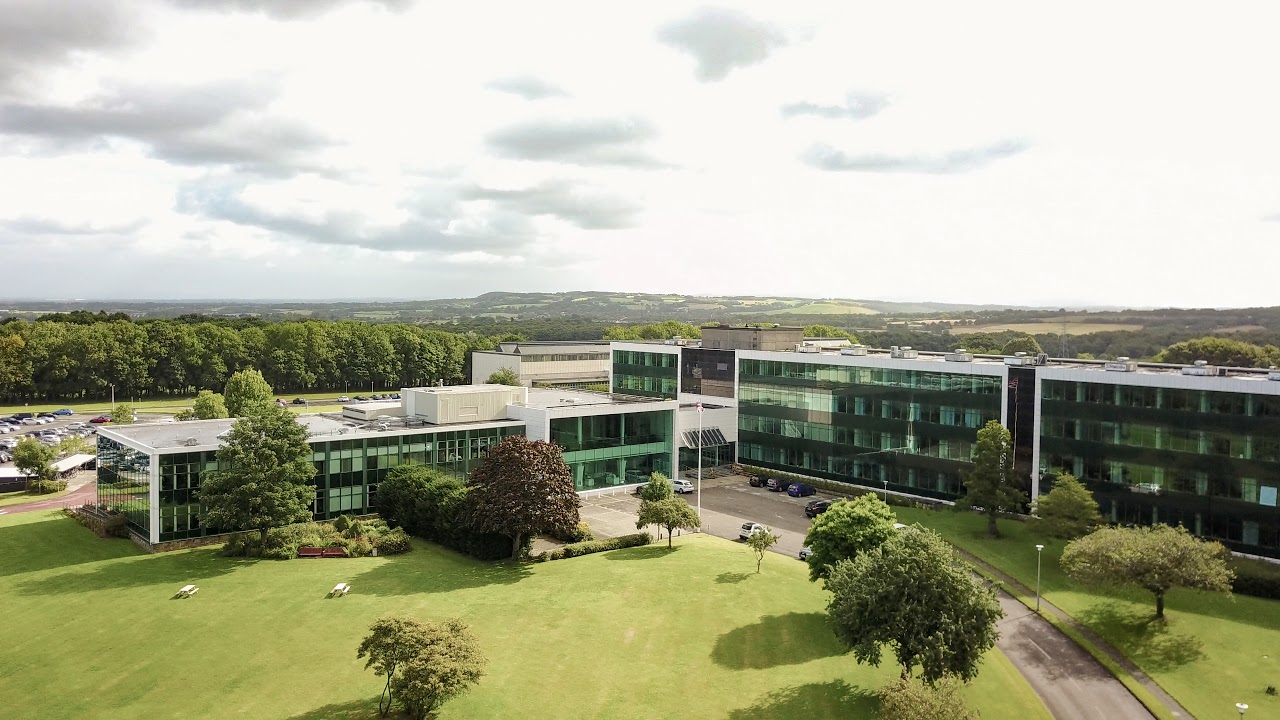Setting a new benchmark for low carbon glass


Kristian Chalmers, strategic commercial manager, reflects on the development of low carbon glass, Pilkington Mirai and its win for New Product of the Year at the G24 Awards.
Innovation has been at the heart of Pilkington UK for many years, beginning with Sir Alastair Pilkington’s invention of the modern day float glass manufacturing process.
Today, we’re continuing that legacy with Pilkington Mirai.
Recognised at this year’s G24 Awards as the New Product of the Year, Pilkington Mirai marks a paradigm shift in how glass can be manufactured to help reduce its impact on the planet.
Independently verified as the lowest embodied carbon glass on the façade market, it achieves a 52% reduction in embodied carbon compared to the standard float glass we produce.
The built environment is under mounting pressure to reduce its carbon footprint, and rightly so. Buildings account for nearly 40% of global energy-related carbon emissions – and glass, as a fundamental material in modern construction, is a significant part of that equation.
Traditional float glass production is historically carbon intensive, which is why we knew we had to evolve how it’s made.
Pilkington Mirai was a result of that ambition, named after the Japanese word for ‘future’ in homage to the NSG Group’s roots – developed to challenge the norms of glass manufacturing.
By combining alternative fuels, a high percentage of recycled glass content, and green electricity, we’ve developed a product that offers architects and specifiers a sustainable alternative to conventional float glass that doesn’t compromise on quality, performance, or appearance.
Pilkington Mirai is just one step in our commitment to sustainability. Our ‘makechange’ philosophy guides us to continuously embrace a culture of inclusivity, design products that address environmental challenges, and continually deliver improved manufacturing processes, all to spur innovation and drive positive change in the industry.
We understand that building owners, architects, developers, and specifiers are under growing pressure to meet embodied carbon targets, not just operational ones. In fact, a recent industry survey revealed that four in five architects have seen client concerns over embodied carbon rise significantly in recent years.
That’s why we felt bringing Pilkington Mirai to the market was important – a tangible solution that addresses carbon challenges without sacrificing performance or aesthetic quality.
Pilkington Mirai integrates seamlessly into projects with high sustainability and performance requirements. Whether used as uncoated glass or paired with high performance coatings, it offers versatility for a variety of applications.
A recent example is its use in the redevelopment of the historic Watford Laundry Factory into 227 residential homes. There, Pilkington Mirai was combined with Pilkington Suncool 70/35 coating to deliver high thermal performance, durability, and a reduced carbon footprint.
As the industry evolves to meet sustainability goals, products like Pilkington Mirai demonstrate what’s possible.
By reducing embodied carbon by more than half while maintaining the functionality and aesthetics building owners, architects and specifiers demand, we’re helping shape a built environment that’s not only beautiful but also more sustainable.
It’s exciting to see the industry shifting towards a more sustainable future, and we’re proud to be leading the charge with a product that sets a new benchmark for low-carbon glass and demonstrates that meaningful change is possible.
